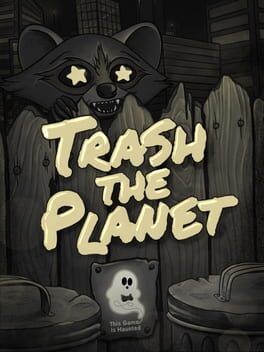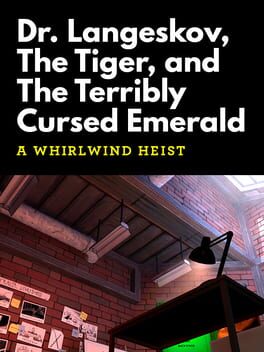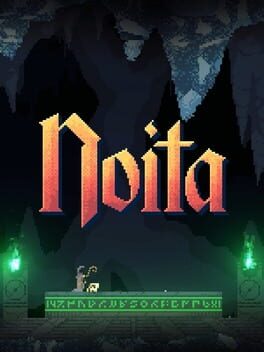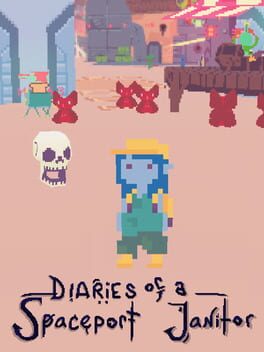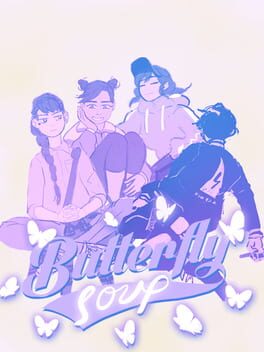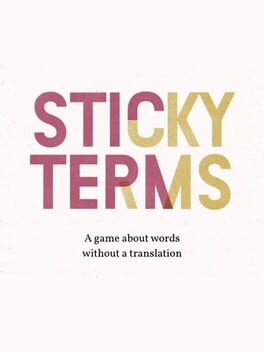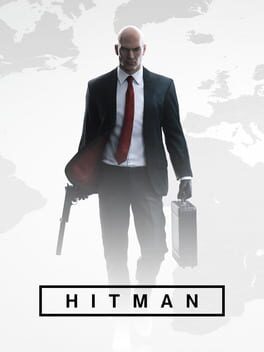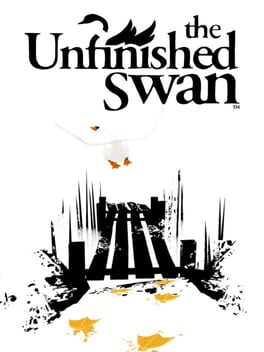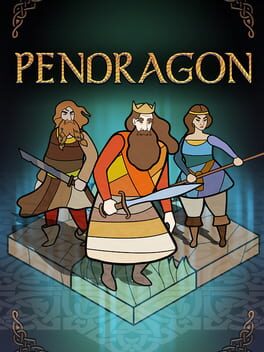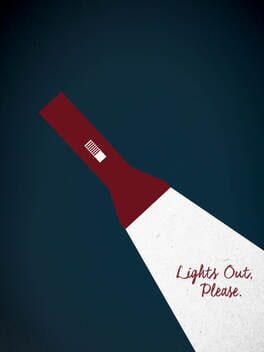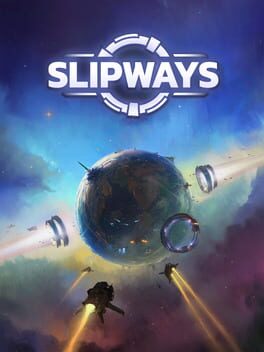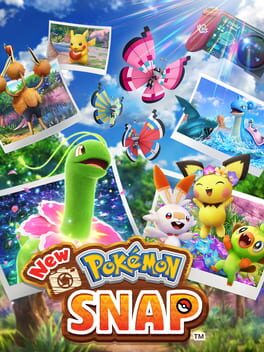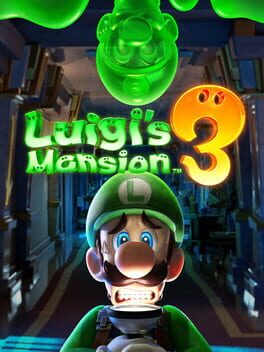nex3
BACKER
2021
2020
It is SO HARD to aim accurately in this game, and yet the game seems hell bent on requiring the player to master combat in order to have any hope of progressing more than a few minutes. Doing poorly in even a single fight is extremely punishing, since you're liable to end up poisoned or on fire and losing half your health bar in a single go. The core draw of this genre is the exploration of a possibility space, but that's so hard here the game seems almost unplayable.
This review contains spoilers
As a game, this is almost unbearably grindy and obtuse. As a piece of art evoking the experience of poverty, of course, the grindy obtuseness is part of the point--but I'm not sure it's all that effective as an art piece, either. It seeks to undermine expectations about the arc of a video game by providing the context of adventure without any of the actual mechanics, but ultimately it asks the player to perform quests, collect items, and even do a bit of light dungeon delving. It presents a world that seems to be inescapable and governed by incomprehensible luck as a mirror of poverty, but then it provides a formula for fixing your own luck and (depending on how you interpret the ending) possibly escaping the cycle. The demands to be game-like, to have an arc the player can complete, are inherently at odds with the point the game is trying to make and I think it suffers for failing to resolve that contradiction.
2017
2020
2016
I always knew I'd love this series if I ever got a toehold in the play style, and as it turns out I was right. The ritual of planning out and perfecting every single step of the perfect hit appeals to my yearning for perfectionism, and the intricacy of the many events and interactions in each level charges up my sense of exploration. Not only is this a perfect little mechanism with immaculately interlocking gears, you can go inside it and poke at everything and see what happens. Sublime.
2012
It almost feels silly to call anything else an RPG now that this exists. It's a perfect culmination of the idea of injecting stats and rolls and modifiers into a game that actually lets you play a role, to define who this amnesiac man is and how he relates to the world he inhabits.
And what a world: broken and tragicomic, Revachol comes off at first glance as a bitter satire written by a disillusioned leftist. But the deeper you dive, the more it opens up into something haunting and beautiful in its own right, with even a faint glimmer of hope hidden among the ruins. No people is truly broken, argues Disco Elysium, while they still have hearts to care for one another and arms to link against their oppressors.
And what a world: broken and tragicomic, Revachol comes off at first glance as a bitter satire written by a disillusioned leftist. But the deeper you dive, the more it opens up into something haunting and beautiful in its own right, with even a faint glimmer of hope hidden among the ruins. No people is truly broken, argues Disco Elysium, while they still have hearts to care for one another and arms to link against their oppressors.
2020
I expected a lot more from this game. 80 Days was such a masterful intersection of mechanics and narrative, and this just falls flat on both counts. The turn-based strategy seems designed to make each team stare at the other one doing nothing, and it interacts with the scant and middlingly-written narrative only in oblique and unsatisfying ways. You're breaking my heart, Inkle!
2014
2019
When I first played Outer Wilds in 2019, I found it to be a game of high highs and low lows. The first few hours were filled with an unparalleled sense of wonder and discovery as I journeyed through space uncovering the secrets of an ancient civilization. The game fits together perfectly like a five-dimensional jigsaw puzzle, every piece shedding new light on everything you already know no matter which order you encounter them in. It's the only game I've ever played that feels in the tradition of Riven, the best puzzle game ever made.
But as time went on, I started to approach the point where I could no longer go in any direction and find something new and magical within minutes. My path lay deeper into the depths of places I'd already visited, and inevitably these paths were fraught with danger, requiring careful movement and precise timing to avoid death. And every death restarted the loop and required minutes on end of navigating back to the same location, often waiting for one precise time in the cycle, and then often as not simply dying again.
It was too much. I simply gave up. I consider myself fairly technically proficient in the art of the controller, but it wasn't enough. I was spending hours throwing myself against the same nitty platforming challenge and coming away from it no more skilled for my efforts. I rated the game 3.5 stars—some magical moments but too frustrating to bear—and moved on.
Two years later, my friend Cera came over for only the second time after both of us were vaccinated against COVID-19. Cera loves this game and the thought that I hadn't seen the ending dismayed her so much she offered to simply do the hard parts for me. And she was right! The last few hours of Outer Wilds were thoughtful and heartbreaking, evoking pathos and catharsis every bit as effectively as the first few hours evoked wonder.
My opinion on the middle section of this game hasn't softened: I still think it's a major flaw to require such high dexterity in a game that also requires between two and twenty minutes of downtime between each attempt. But the quality of the ending and the way it complements the best parts of the beginning is worth even that. Play Outer Wilds.
But as time went on, I started to approach the point where I could no longer go in any direction and find something new and magical within minutes. My path lay deeper into the depths of places I'd already visited, and inevitably these paths were fraught with danger, requiring careful movement and precise timing to avoid death. And every death restarted the loop and required minutes on end of navigating back to the same location, often waiting for one precise time in the cycle, and then often as not simply dying again.
It was too much. I simply gave up. I consider myself fairly technically proficient in the art of the controller, but it wasn't enough. I was spending hours throwing myself against the same nitty platforming challenge and coming away from it no more skilled for my efforts. I rated the game 3.5 stars—some magical moments but too frustrating to bear—and moved on.
Two years later, my friend Cera came over for only the second time after both of us were vaccinated against COVID-19. Cera loves this game and the thought that I hadn't seen the ending dismayed her so much she offered to simply do the hard parts for me. And she was right! The last few hours of Outer Wilds were thoughtful and heartbreaking, evoking pathos and catharsis every bit as effectively as the first few hours evoked wonder.
My opinion on the middle section of this game hasn't softened: I still think it's a major flaw to require such high dexterity in a game that also requires between two and twenty minutes of downtime between each attempt. But the quality of the ending and the way it complements the best parts of the beginning is worth even that. Play Outer Wilds.
2021
I really enjoyed my first couple runs. The "imports X, exports Y" model is intriguingly simple but gives rise to a lot of complexity, and when it's at its best the experience of finding a clever new five-way trade route is marvelous.
As I started more runs, though, I started to get frustrated. Trade route after trade route couldn't be completed successfully, or relied on rolling just the right set of planets on the next scan or risking shortages. The constant resource dance of time versus money versus visibility versus construction became stressful and exhausting. Runs became either trivial with access to a powerful technology or nigh-impossible with an entire sector devoid of a particular resource.
Even in good runs, the decision paralysis quickly became overwhelming. I would spend ten minutes desperately searching my planets again and again, trying to find the absolute perfect new trade route. To a degree my perfectionism is my own burden to bear, but this game exacerbates it in a way that most do not.
As I started more runs, though, I started to get frustrated. Trade route after trade route couldn't be completed successfully, or relied on rolling just the right set of planets on the next scan or risking shortages. The constant resource dance of time versus money versus visibility versus construction became stressful and exhausting. Runs became either trivial with access to a powerful technology or nigh-impossible with an entire sector devoid of a particular resource.
Even in good runs, the decision paralysis quickly became overwhelming. I would spend ten minutes desperately searching my planets again and again, trying to find the absolute perfect new trade route. To a degree my perfectionism is my own burden to bear, but this game exacerbates it in a way that most do not.
2021
Finally, after producing no fewer than three devices (four if you count DS and 3DS separately) that perfectly mimic a camera apparatus, Nintendo has released the inevitable follow-up to Snap. I was a bit worried that all my affection for the original was merely nostalgia, but no: while this doesn't have quite the same magic as my childhood memories of the original, it's still a great formula. Games that motivate the player to experience a series of small scripted events using a limited number of verbs provide such a lovely balance between exploration and bespoke experiences, and the drive to get good pictures is a great motivator.
2019
Did the economies of these games change, or did I? When I played the first Luigi's Mansion, every coin and fluttering dollar I found felt satisfying, like a nibble of some tasty meal. Now it feels meaningless, which makes the core loop of the game, snuffling and sucking at every corner of every room, feel just a bit more hollow. Still enjoyable, but with an undeniable sense of going through the motions.
